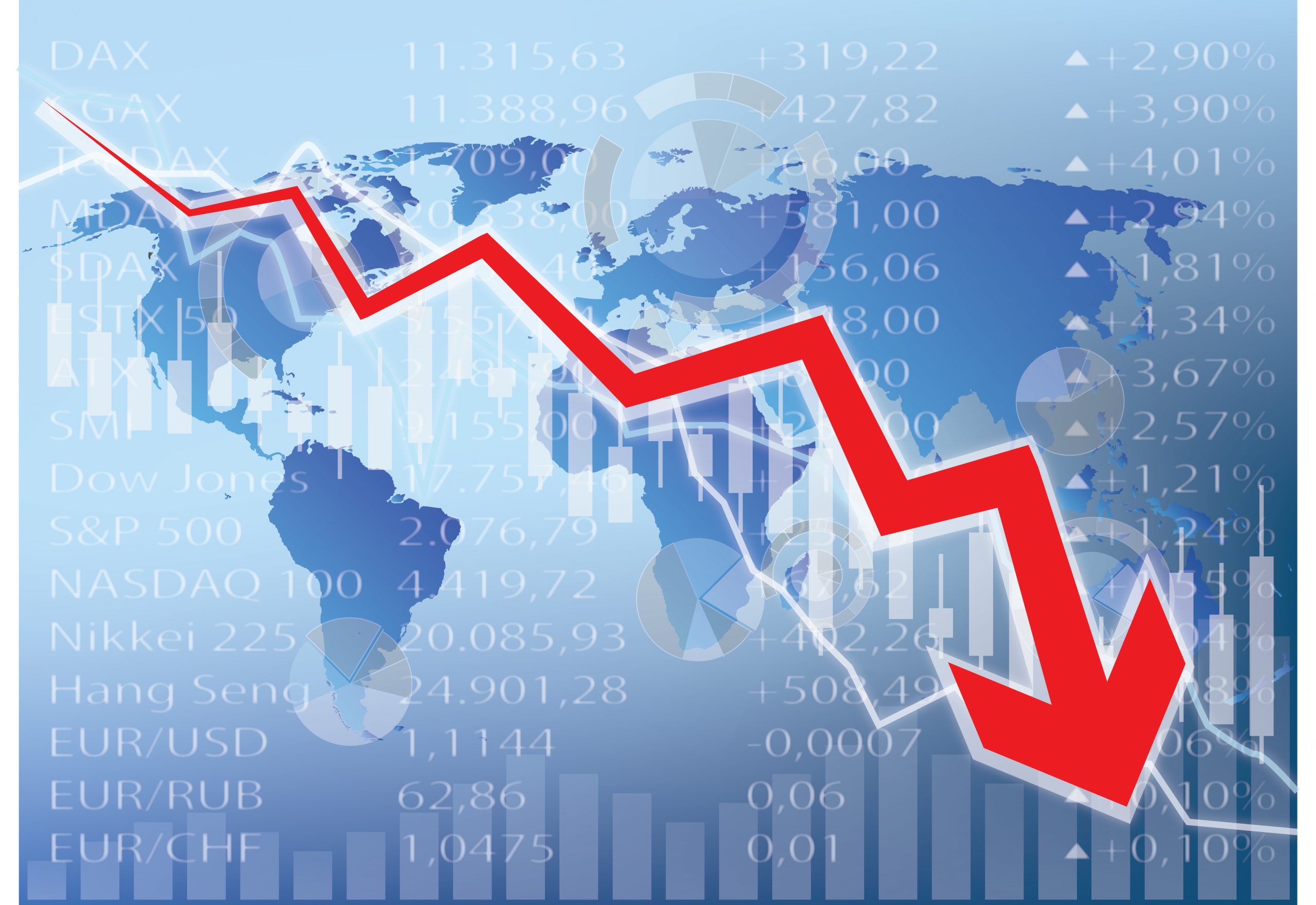Blog
BLOG: Understanding recessions and recoveries

Over the next few weeks and months we will start to see the true economic impact of the coronavirus.
The Office for National Statistics has already announced that the UK economy shrank at the largest monthly pace on record in March (almost 6%).
Services, construction, manufacturing and education…nothing is immune. And some 7.5 million people have been furloughed at a cost of £8bn a month – that’s some bill we will all have to help pay off in the future.
All global downturns are different, but this one is truly unique. This is all about health, and until we know how long the lockdown will last, we cannot quantify whether we are talking a sharp recession or long-term depression.
Clearly the shape of the recovery is also subject to heavy conjecture. At first it was ‘V’ shaped, but we’re starting to see ‘U’, ‘W‘ and even ‘L’ shapes as the lockdown continues.
Types of recession and recovery shapes explained
V shaped: As you’d expect given the shape, the economy suffers a sharp but brief period of economic decline with a clearly defined trough, followed by a strong recovery.
U shaped: This is where there is a longer period at the bottom where GDP (growth in the economy) may shrink for several quarters before recovering.
W shaped: This is what is known as a double-dip recession. The economy falls into recession, recovers with a short period of growth, then falls back into recession before finally recovering.
L-shaped: This is the one we should all be worried about. It’s when an economy has a severe recession and does not see a return to growth for a number of years. This is when a recession can become a depression.
Much will depend on whether we get a vaccine or not. The question will then turn to what will the world look like in three or five years if we don’t? I’d hazard a guess it will be a very different place. Right now, the UK Government and Bank of England are throwing money at the problem to stop the country going bust (and it’s the same in many other parts of the world).
If I was forced to choose a shape, I’d lean towards it being a W, as we’ll get some initial demand from people (perhaps saving money working from home) being able to spend in shops again, but ultimately the economy will still be in a difficult place and employers and consumers have to be aware of that.
Cautious investors might prefer a targeted absolute return fund, such as Janus Henderson UK Absolute Return or BlackRock UK Absolute Alpha, which have both demonstrated their ability to give investors a level of protection in falling markets since the pandemic began to hit global markets hard in February.
The Janus Henderson UK Absolute Return fund is down just 0.8% in that time, while the BlackRock UK Absolute Alpha has fallen 3.2%. The UK stock market, as measured by the FTSE All Share Index, is still down some 21.2% for comparison.
I would also stress the importance of diversification, something investors can access easily through multi-asset funds. A couple of options, which also pay an income, include the Close Managed Income fund and the Premier Multi-Asset Monthly Income fund.
Corporate bonds are also showing a great deal of attractiveness. Not only have their yields increased, meaning the income they pay is higher, this income is also contractual – unlike share dividends which are discretionary. They are also better value after the market falls. In this area, M&G Strategic Corporate Bond and Royal London Corporate Bond are worth consideration.
Darius McDermott is managing director of FundCalibre and Chelsea Financial Services